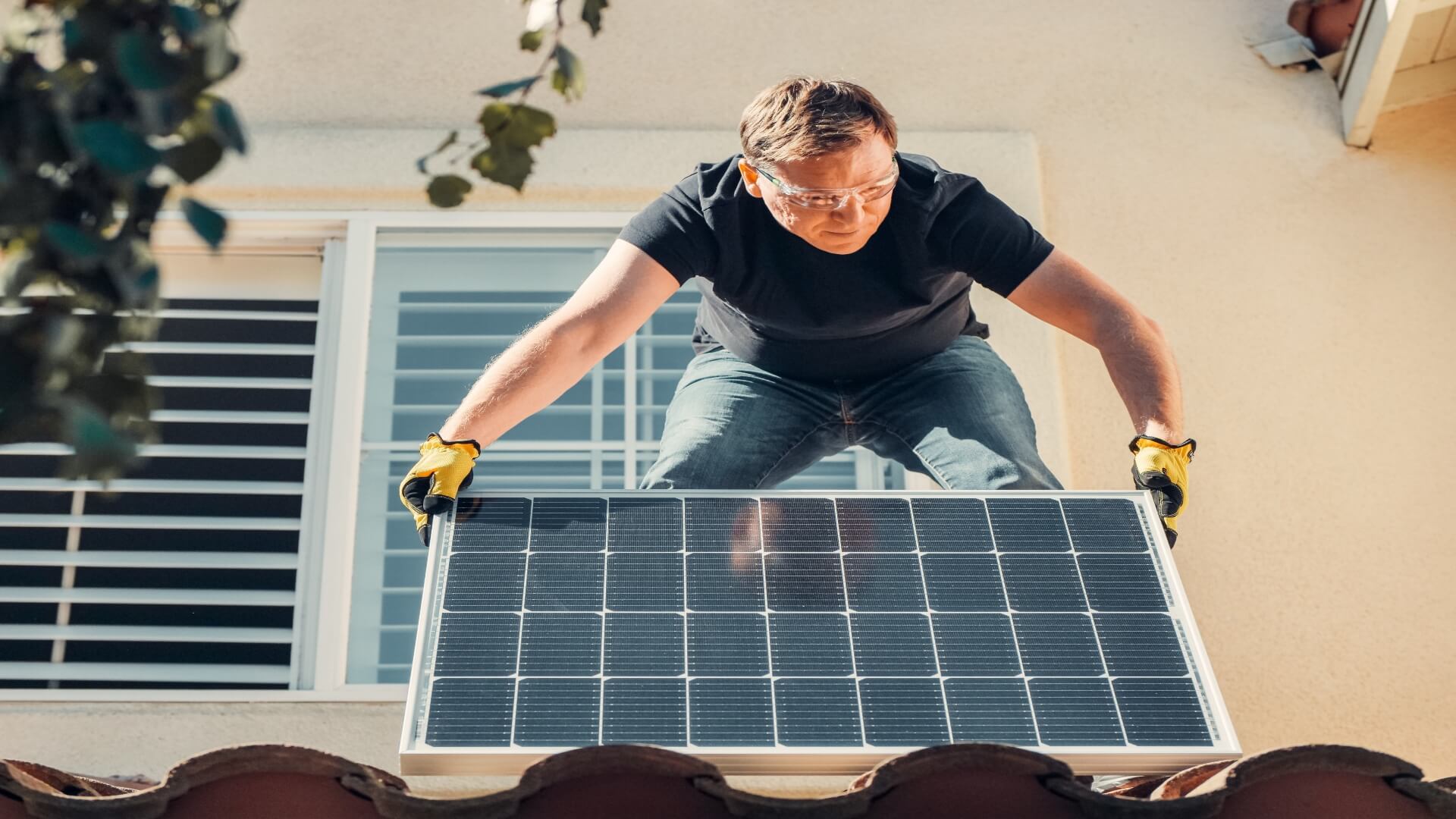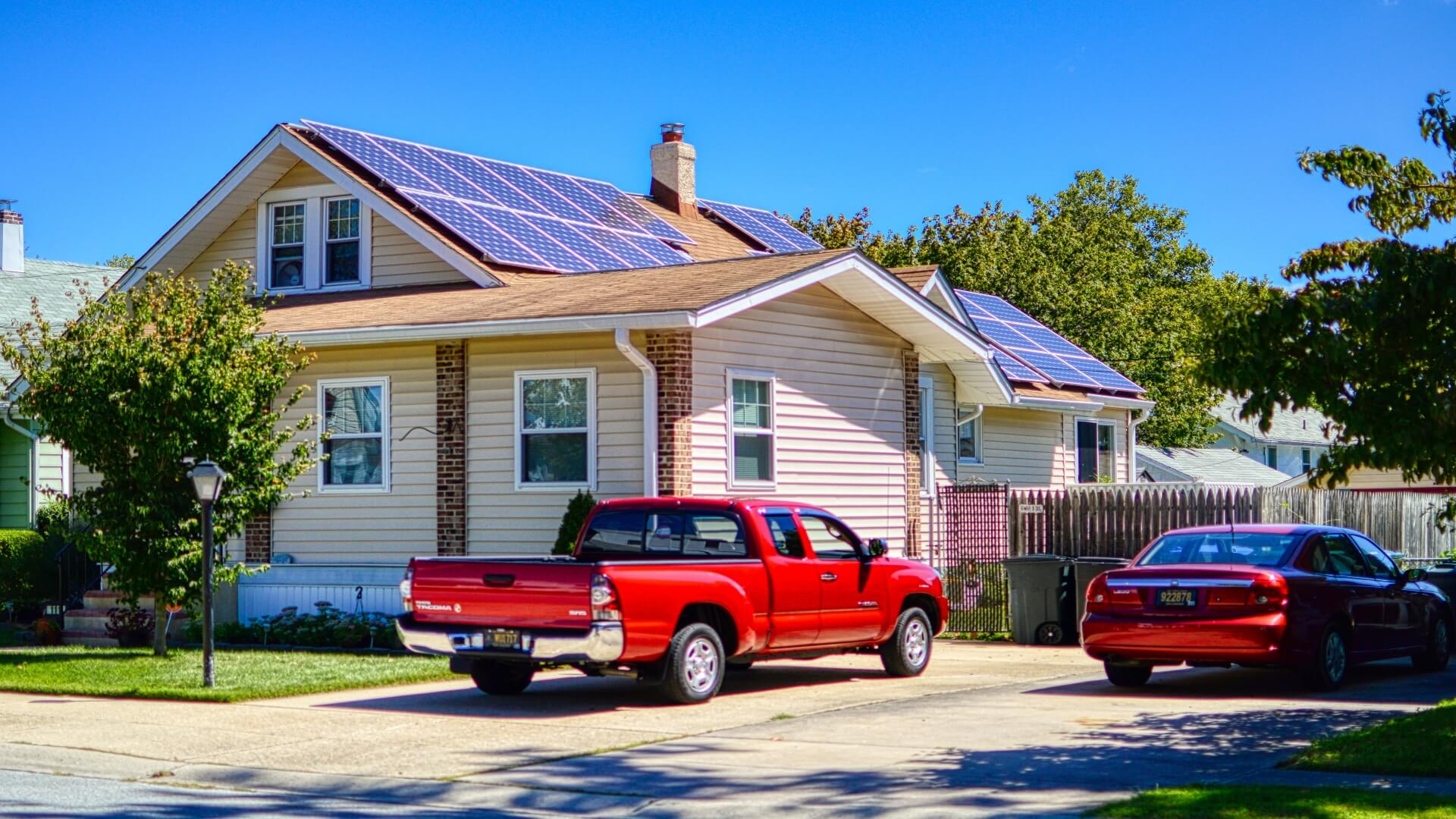Making the switch to solar power is an exciting step many people are taking to reduce their carbon footprint and save money on energy costs. Unfortunately, there are some mistakes that people make when switching from traditional sources of electricity to alternative energy sources like solar power. In this article, we will discuss common mistakes people make when transitioning to solar power and how they can be avoided. Understanding these potential pitfalls before making the switch can help ensure a successful transition to your new renewable energy source.
Not Finding a Reputable Solar Power Company
People often make the mistake of not researching and selecting a reputable installer, which can lead to bad experiences such as missed deadlines, unexpected costs, and subpar equipment. To ensure you get the best experience with your solar installation, it’s important to take the time to find reliable professionals who will provide quality service.
The first step in finding reliable solar installers is researching potential companies. Start by asking for referrals from people you trust who have switched to renewable energy. Once you have some names, research each local company online; look for reviews on Google, Yelp, or other sites that offer insight into customer satisfaction levels. If you live within the state of Virginia, research reliable Virginia solar installers to find the most reliable companies in your area. This is essential because it makes the process of making the switch to solar energy seamless and safe.
When you’ve narrowed down your list of potential installers, contact each company and ask as many questions as possible. Inquire about their experience level, customer service approach, warranties they offer, and certifications they have achieved. Be sure to get multiple quotes from different providers for comparison purposes. The lowest price may not always provide the best value or result in the best overall customer experience.
Not Considering All Solar Options
Making the switch to solar power is an exciting step, but it’s important to do your due diligence and consider your options before committing. Not considering all available solar options is a mistake many people make when switching to solar power – and one that can easily be avoided.
It’s easy to get caught up in the excitement of using renewable energy sources to power your home or business. However, jumping into a contract without weighing all the pros and cons first may cost you more money in the long run. Researching the different types of systems (grid-tied versus off-grid), companies providing services, government incentives, rebates, and utility rates will ensure that you make an informed decision that best suits your needs.
Also, when it comes to installing a solar system, there are a variety of components you need to consider, such as panel type, inverter size, mounting style, and any necessary upgrades. It is important to research each of these components and understand what type of system might be right for you and your home before making a purchase. You should also take into account the cost of installation, maintenance, insurance, and any other potential fees.
Not Being Aware of All Installation Requirements
Solar panel installation can require additional permits or inspections depending on your local jurisdiction’s regulations. It is essential to consult with experts knowledgeable about your area’s solar laws before moving forward with any plans to install panels on your property. Additionally, you should consider whether your home will meet all applicable building codes before beginning the installation process.
Skimping On Quality
When purchasing solar panels, it can be tempting to get the most affordable option. However, this is not always the best idea. Cheaper panels may have lower efficiency ratings and require more maintenance over time, leading to higher costs. It is important to research your options and find a reputable brand that offers high-quality solar equipment that meets your needs.
Not Checking Your Current Energy Usage
Before making any decisions about switching to solar power, you should consider how much energy you use regularly and whether or not it is feasible for you to switch to renewable sources of electricity. You should also make sure that your home has enough space for installing solar panels for them to be effective in providing energy.
Not Having an Emergency Plan
With any type of energy source, it is important to have an emergency plan in place in case something goes wrong. This includes familiarizing yourself with the components of your solar system and knowing who to contact if you experience any power outages or other issues. Additionally, you should ensure that your panels are properly secured and maintained so they can operate as efficiently as possible.


































